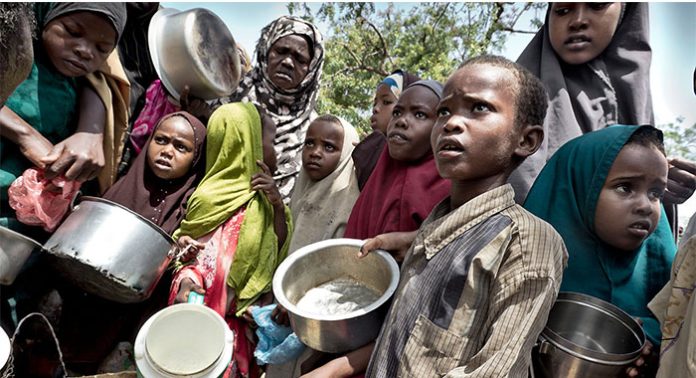THE recent hike in the price of fuel from N588 to N855 perliter, as announced by the NNPCL, is a critical development with far reaching implications for both the economy and the average citizen. It came as a shock considering the fact that many Nigerians are presently finding it difficult to survive the biting economic hardship prevalent in the country, which was occasioned by fuel subsidy removal and the naira floatation.
Although this drastic increase is part of the broader context of subsidy removal, the latest upward price review under Tinubu’s administration, has however increased the price of Petrol to over 355 per cent, from N197 per liter on May 29, 2023, to N897 on September 3, 2024. The recent increase is nearly 400 percent, and presents severe challenges barely three weeks after the “#EndBadGovernance” protest.
The most worrisome effect of the fuel price hike is on inflation. According to the National Bureau of Statistics, the head line inflation rate rose to 34.19 per cent in June, 2024, up from 33.95 percent in May. With higher fuel prices, transportation costs have surged, leading to increased prices for goods and services across board. This has further exacerbated existing inflationary pressures, potentially driving inflation rates even higher and making everyday essentials less affordable for Nigerians.
We are on the same page with broad spectrum of groups and individuals, including the NLC and TUC in condemning the current fuel price increase in its entirety, as it will further impoverish the people. The federal government is yet to implement the N70, 000, minimum wage for civil servants and the economic strain on the citizens has worsened. Transportation costs have surged by 50 percent, while businesses are struggling to stay afloat.
The hike in the prices of fuel has astronomically increased the cost of services and commodities, reduced the disposable incomes of average Nigerians and heightened their health risk. Thus exacerbating the plight of the already agonizing populace, majority of whom are reeling under the scourge of poverty.
With over 40 percent of Nigerians living below the poverty line according to the World Bank, this increase will push more people into poverty as they struggle to afford basic necessities. It is also adversely affecting the operational cost of SMEs which are the backbone of the economy, as it will drive up the price of goods in circulation, generate inflationary pressures, reduce competitiveness of domestic goods and adversely affect economic growth.
We have always stood against fuel subsidy removal without adequate measures in place to mitigate the expected consequences. Good governance is all about the welfare and security of the citizens, but since May 29, 2023, the living conditions of average Nigerian has worsened due to some policies of the government which have aggravated their sufferings instead of alleviating their hardship. We therefore urge the federal government to reject some advice of the Brentwood institutions like the IMF, which places emphasis on policies that do not prioritize the welfare of citizens.
The Federal Government should as a matter of national emergency, reverse the fuel price increase to prevent more people particularly the youths from being lured into crimes such as banditry, kidnapping and armed robbery due to economic hardship. This is because many Nigerians have become vulnerable to fuel price shocks as food prices and transport costs are quite sensitive to changes in fuel prices.
We urge the Federal Government to initiate policies aimed at cushioning the effects of incessant fuel price fluctuations to reduce households’ vulnerability by introducing income redistribution policies in favour of the impoverished. There is also the need to make provision of safety nets and other welfare enhancing programs to boost the living conditions of the people.


